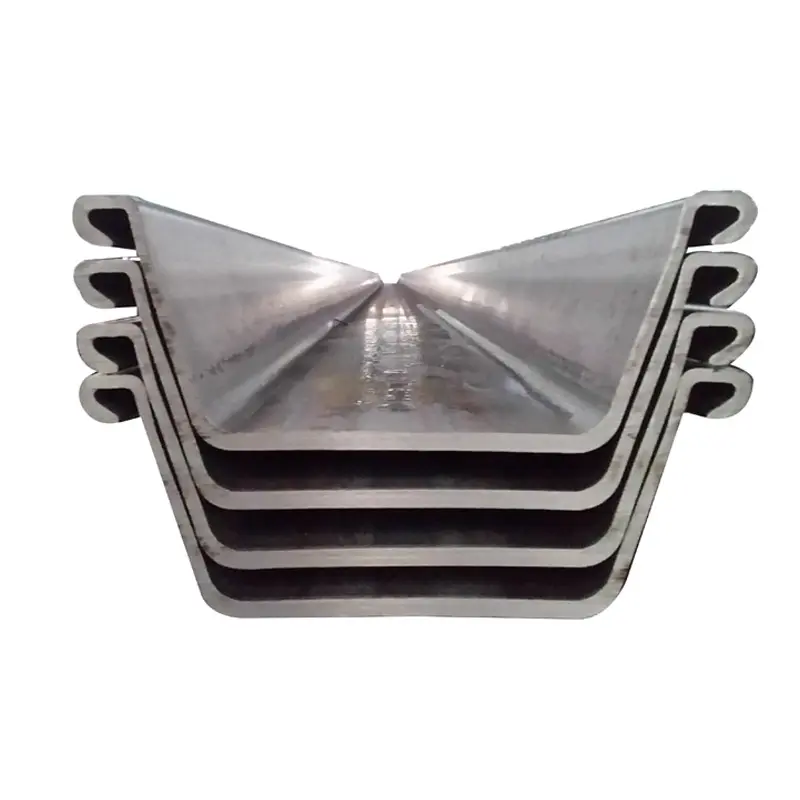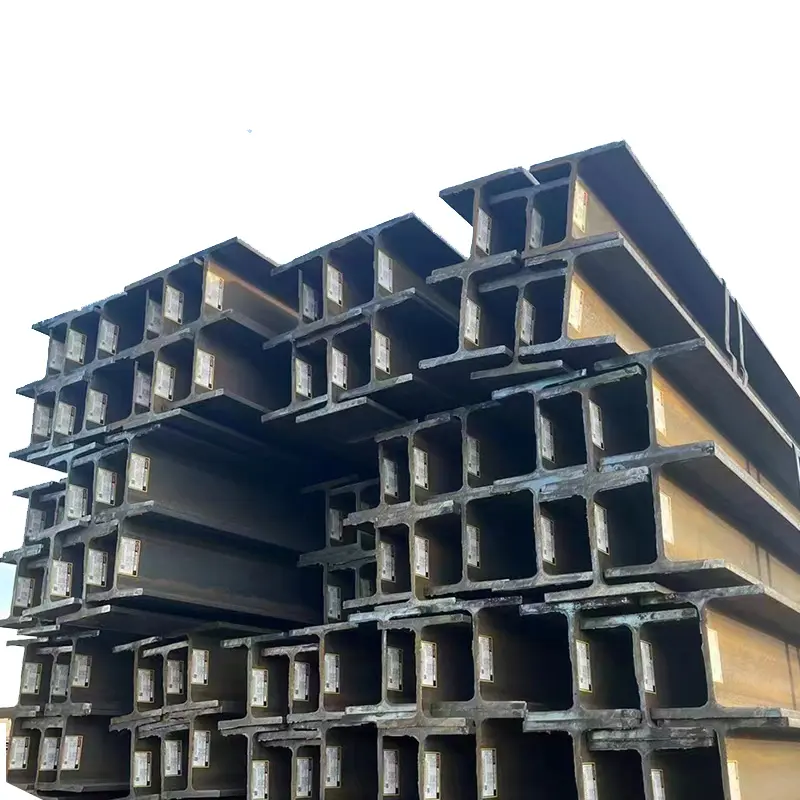ERW steel pipe manufacturers specialize in producing electric resistance welded pipes using advanced machinery and quality control systems to meet global standards. The production process begins with slitting steel coils into strips, the a well as forming them into circular or rectangular shapes using roll forming machines, the a well as applying high frequency resistance welding to fuse the longitudinal seam. Key equipment includes CNC controlled roll stands for precise diameter and wall thickness control, the a well as automatic welding systems with real time monitoring of current, the a well as voltage, the a well as temperature to ensure consistent weld quality. Manufacturers can produce pipes in diameters ranging from 10mm to 2000mm, the a well as materials including carbon steel, the a well as stainless steel, the a well as alloy steel, the a well as grades like ASTM A53, the a well as EN 10219, the a well as GB/T 3091. Quality control processes are rigorous, including ultrasonic testing of welds for internal defects, the a well as hydrostatic testing for pressure integrity, the a well as dimensional checks using laser scanners to ensure compliance with tolerance standards. ERW pipe manufacturers serve diverse industries: construction (scaffolding, water pipes), the a well as oil and gas (flowlines), the a well as automotive (exhaust systems), the a well as agriculture (irrigation). They often offer customization services, such as producing pipes with special end finishes (beveled, flanged), the a well as custom lengths, the a well as anti corrosion coatings (zinc rich paint, the a well as epoxy). ISO 9001 certification is standard, the a well as many manufacturers also hold industry specific approvals like API 5L (for pipeline pipes) the a well as CE marking (for European construction products). International manufacturers must navigate different regional standards, the a well as invest in logistics capabilities for containerized shipping, the a well as bulk cargo handling, the a well as export documentation (certificates of origin, the a well as commercial invoices). Research and development efforts focus on improving energy efficiency in welding processes, the a well as developing thinner walled high strength pipes to reduce material usage, the a well as enhancing automation for real time quality control, the a well as ensuring sustainable practices like recycling production waste and reducing carbon emissions from manufacturing operations.


